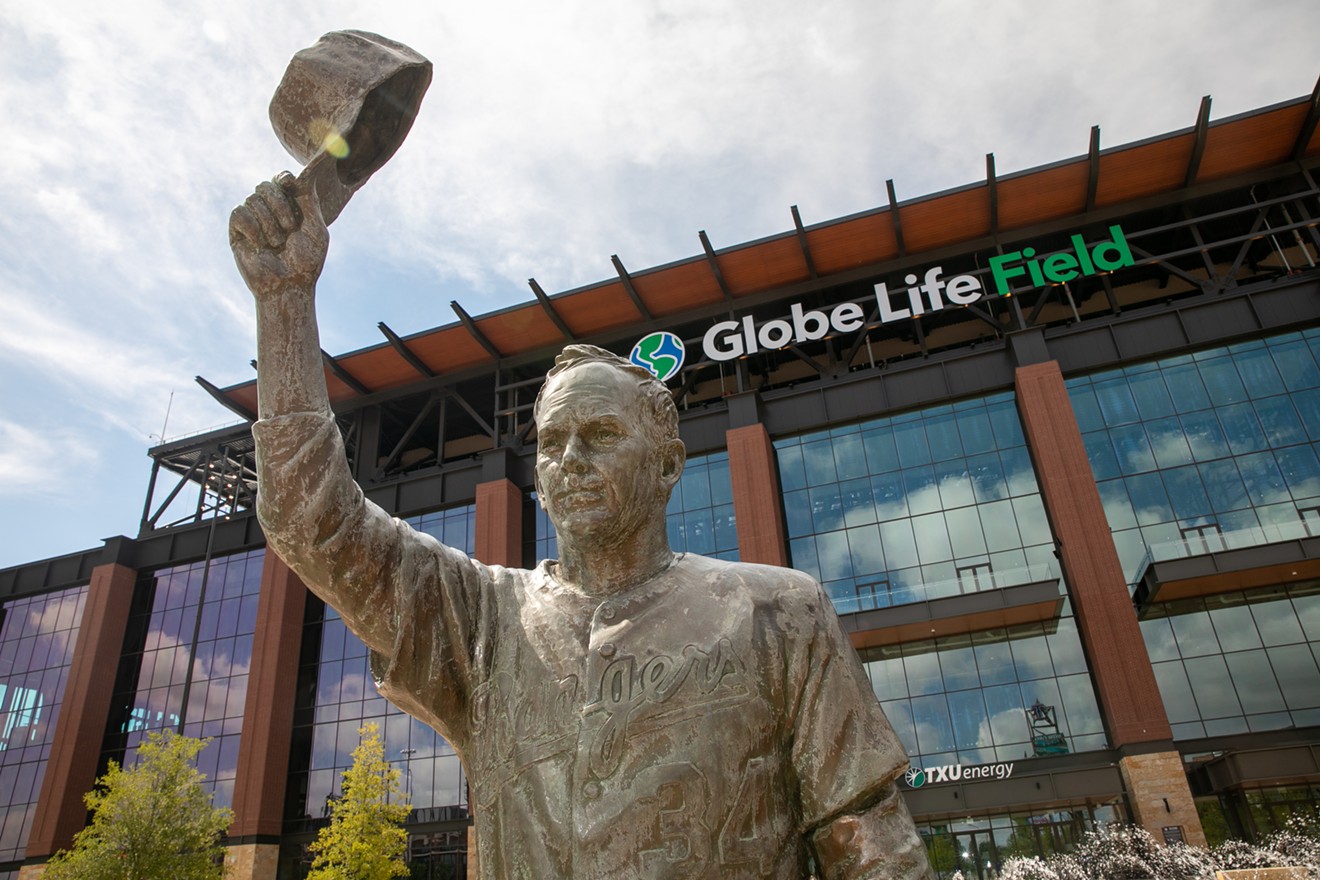While the group’s feel-good label might tend to evoke images of lotus-eating unicorns frolicking freely through daisy-filled meadows, there still is a considerable amount of work to be done.
The city's report was recently published. The 28-member Unity Council recommends, along with a slew of other suggestions, that city leaders make the group a permanent fixture tasked with gathering community comment and looking at different ways Arlington could promote, encourage and enhance equality. The group would also report its findings to the City Council, make recommendations and come up with a plan outlining steps that the city could take to “eliminate racism and other forms of discrimination and to advance unity in Arlington.”
It’s a strategic step forward for the city of roughly 400,000 that has batted down talk of police oversight and been home to protests which demanded change and accountability long before Floyd’s murder.
In September 2018, protesters, among them civil rights attorney Lee Merritt, hauled two coffins along Randall Mill Road outside of AT&T Stadium during a mock funeral procession in remembrance of Botham Jean and O’Shae Terry, two young, Black men who had been killed by police officers in Dallas and in Arlington.
A Unity Council report, released earlier this year, reveals that in 2019 more than 46% of the time that police used force on a resident, it was used on Black people, who make up about 22% of the city’s population. Black people also receive the most citations, vehicle stops and warnings. In the past, Arlington’s Most Wanted posters have reflected a similar pattern.
“Our Unity Council charge was more looking back ... We’ve got to look forward as well.” – Jason Shelton, Unity Council task force chairperson
tweet this
“Our Unity Council charge was more looking back,” Jason Shelton, task force chairperson, said during a February council session. “We’ve got to look forward as well.”
City leaders are attempting to improve equity in areas such as housing, health and wellness, education and workforce training and economics.
Arlington’s police department updated its use of force policy in June 2020. According to the city’s website, “This includes a ban on chokeholds and strangleholds, requires de-escalation before resorting to force, requires city employees to intervene to stop or prevent the use of excessive force by another city employee and requires comprehensive reporting related to the use of force.”
After a messy mayoral race, the June 5 election between Arlington mayoral candidates Michael Glaspie, a Black minister, and Jim Ross, an attorney and former Arlington police officer, resulted in a win for Ross.
In the meantime, the city has won an award for its efforts. In March, the National League of Cities named Arlington the winner of its 2021 Cultural Diversity Awards for the work put forth by its Unity Council.











